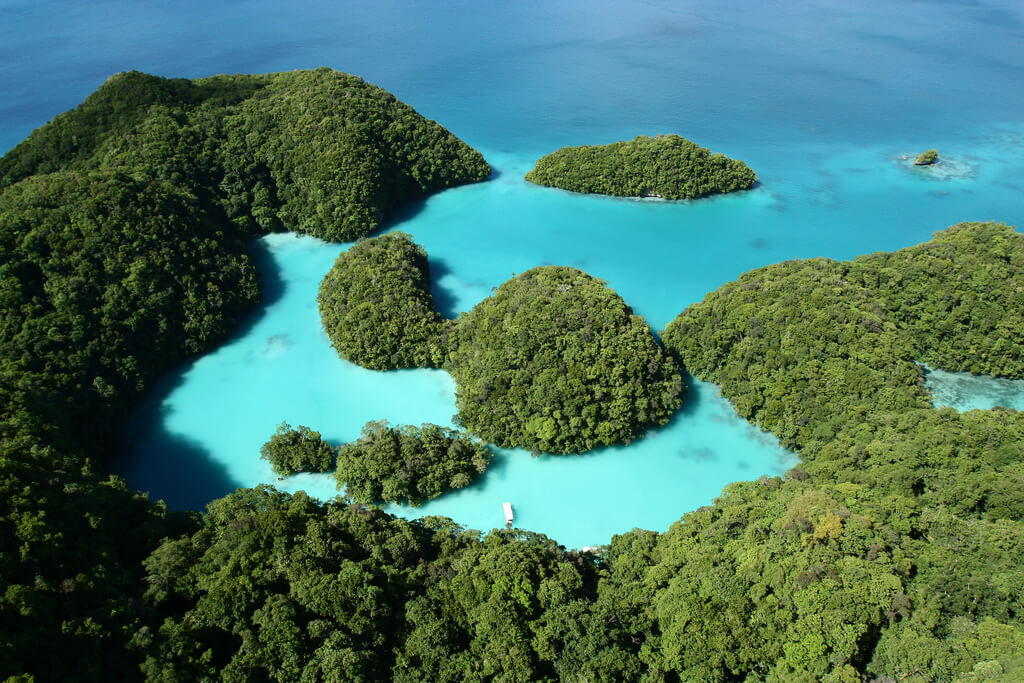Tourism is one of the world’s largest industries. Travel has an immense ability to humble people, to connect people, and to open your eyes to different viewpoints and cultures. But it isn’t just about trying new food, seeing new vistas, and meeting new friends in far-away places. When traveling to locations with smaller economies, or developing nations, the money that you’re spending has a much larger impact than you might think.
When you travel, you impact other cultures as much as they impact you. You consume their native resources and your dollars inject capital. Certain places you travel might end up with your unwitting support of unfair labor practices, pollution, unfair trade, or even human trafficking and slavery. Your environmental impact might be helping to deteriorate a natural ecosystem if the local government can’t support the influx of foreign visitors. Luckily, Ethical Traveler releases a list every year of their its top ten list of places for ethical travel to help guide you.
“Travel is now the world’s largest industry, with a trillion-dollar annual footprint,” says Ethical Traveler. “This means that travelers have enormous power. Where we choose to put our footprints has economic and political reverberations that reach far beyond our personal experience. Ethical Traveler believes that mindful travel offers many rewards, both personal and global. By ‘voting with our wings’—choosing our destinations well, and cultivating our roles as citizen diplomats—we promote international goodwill and help change the world for the better.”
They research every country focusing on four categories: environmental protection, social welfare, human rights, and animal welfare. They look not just at what the country is like now, but also where it has come from, and how it has changed over time. This paints a picture of not just local policies that seem positive but also shows nations that actively improve the state of their people, government, and environment.
From the website: “In this first phase of our process, we consider country scores from a variety of databases related to our three categories, using information from sources like Freedom House, the Millennium Challenge Corporation, Reporters Without Borders, UNICEF, the World Bank and LGBT resources. After identifying about 25 “short list” performers we turn to detailed case research, focusing on actions these governments have taken over the past year to improve (or, in some cases, weaken) policies and practices in their countries. We use many strategies to finalize our list—including engagement with civic leaders, discussions with travelers and reviews of local English-language media.”
Once they take those metrics into consideration, they then narrow the candidates to the top ten by looking at the value of the destination from the viewpoint of the traveler. They look at natural beauty, activities, and the cultures of the locals. They want you to explore, and meet locals, and eat great food, and to have an enriching, enchanting vacation as much as you do!
- Cabo Verde *
- Dominica *
- Grenada
- Micronesia (Federated States)
- Mongolia
- Panama
- Samoa *
- Tonga *
- Tuvalu
- Uruguay *
( * = also appeared in their 2015 list).

